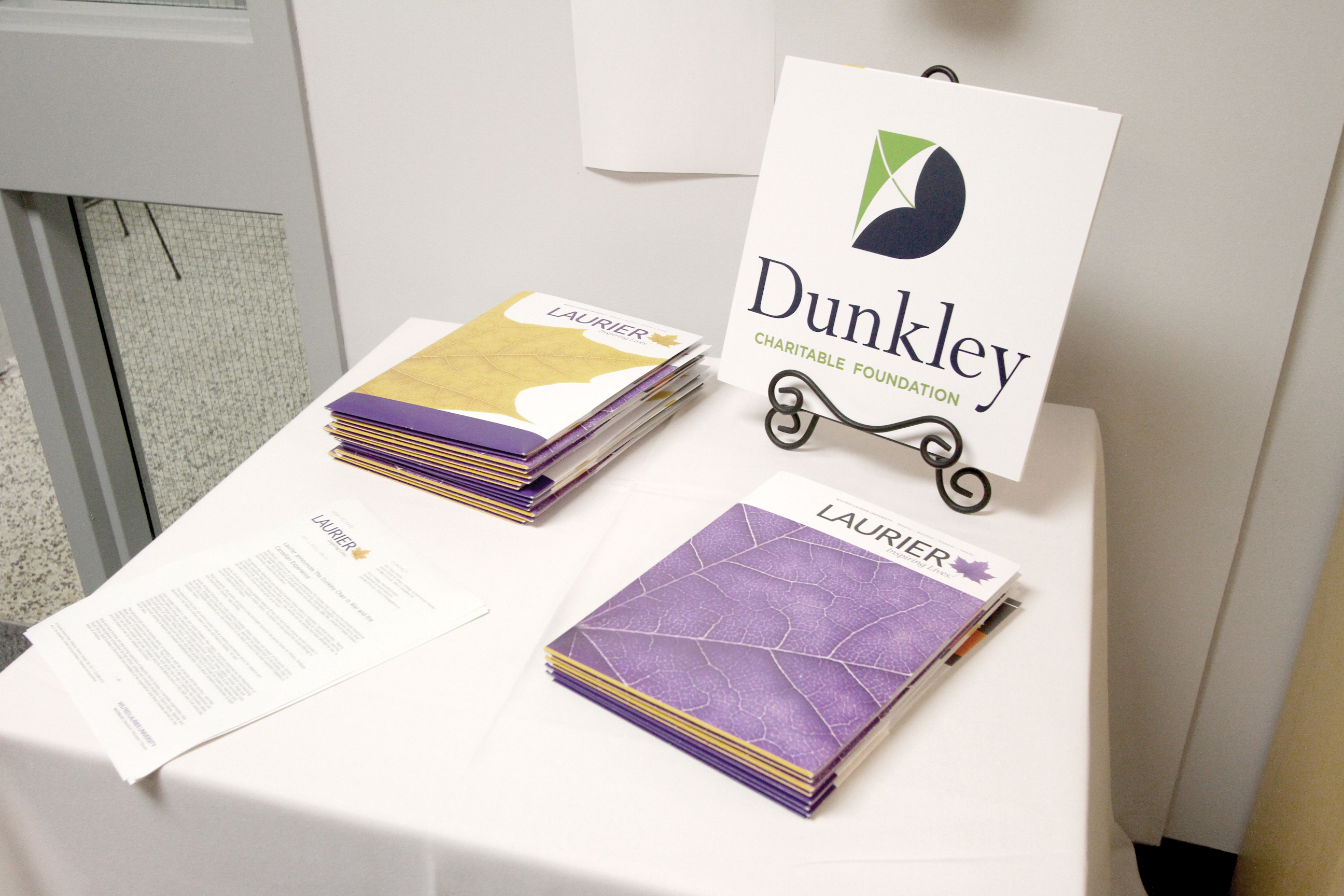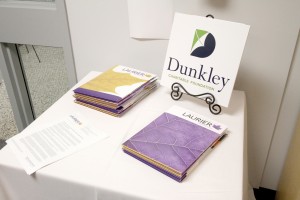Military centre gets a boost


To further enhance the history program and the Laurier Centre for Military, Strategic and Disarmament Studies (LCMSDS), Wilfrid Laurier University is establishing the Dunkley Chair in War and the Canadian Experience. Made possible by the Dunkley Charitable Foundation, the position brings a $1.5 million gift to the history department and LCMSDS over the course of ten years, averaging out to $150,000 each year.
“I wanted to see the activities of the centre continue, which meant two things: money and leadership. This gift means that the new chair in history will be spending half their time in the centre and the other half teaching and researching,” said Brad Dunkley, a Laurier alumnus and co-creator of the Dunkley Charitable Foundation.
Dunkley, a business graduate, has been interested in military history his whole life and believes that the chair position will further enhance the history department and LCMSDS.
“Military history has a deep and important meaning to me because of the connection our families have to military service in Canada,” he said. “It’s important for veterans and Canadians in general that the story of the veterans is told and preserved.”
Max Blouw, president and vice-chancellor at Laurier, was present at the reception last Wednesday to receive the gift from the Dunkley Charitable Foundation.
He believes that the “gift allows for the continuous and enhanced position at Laurier as a leader in war and its effects on Canadian history and society.”
“The gift provides on-going support in research and outreach activities for the LCMSDS,” Blouw explained.
Commenting on the centre itself, Blouw believes that it has contributed a lot to Canadian history.
“For over 20 years it has developed an understanding of war and its wider societal influences.”
The LCMSDS was co-founded in 1991 by Laurier professor emeritus Terry Copp, a leading Canadian military historian, who is the director of the centre. Originally, it was supported by the Department of National Defense through its Security and Defense Forum. When that program ceased two years ago, much doubt arose over whether the centre could continue running.
“Without the fundamental financial support, the centre could not continue to teach courses, do research and draw students into the centre,” Copp remarked at the reception.
Copp said that the event was a “transformative experience for the centre.”
“Having institutionalized the center, Brad and Sara’s gift is transformative in the sense that it is now possible to plan on a ten-year horizon and to think about things going forward into the future,” he continued.
Looking at the future, Copp believes that it will reflect well upon the history department and its future contributions.
“We are going to hire a young, energetic professor that brings energy needed in a place like this,” he said.
Dunkley believes that the new chair position will further develop the needs and interests of the history department and LCMSDS.
“I’m confident the university is going to find a dynamic, motivated leader who is going to take the position to the next level so it has more of an impact across the country,” he said.


